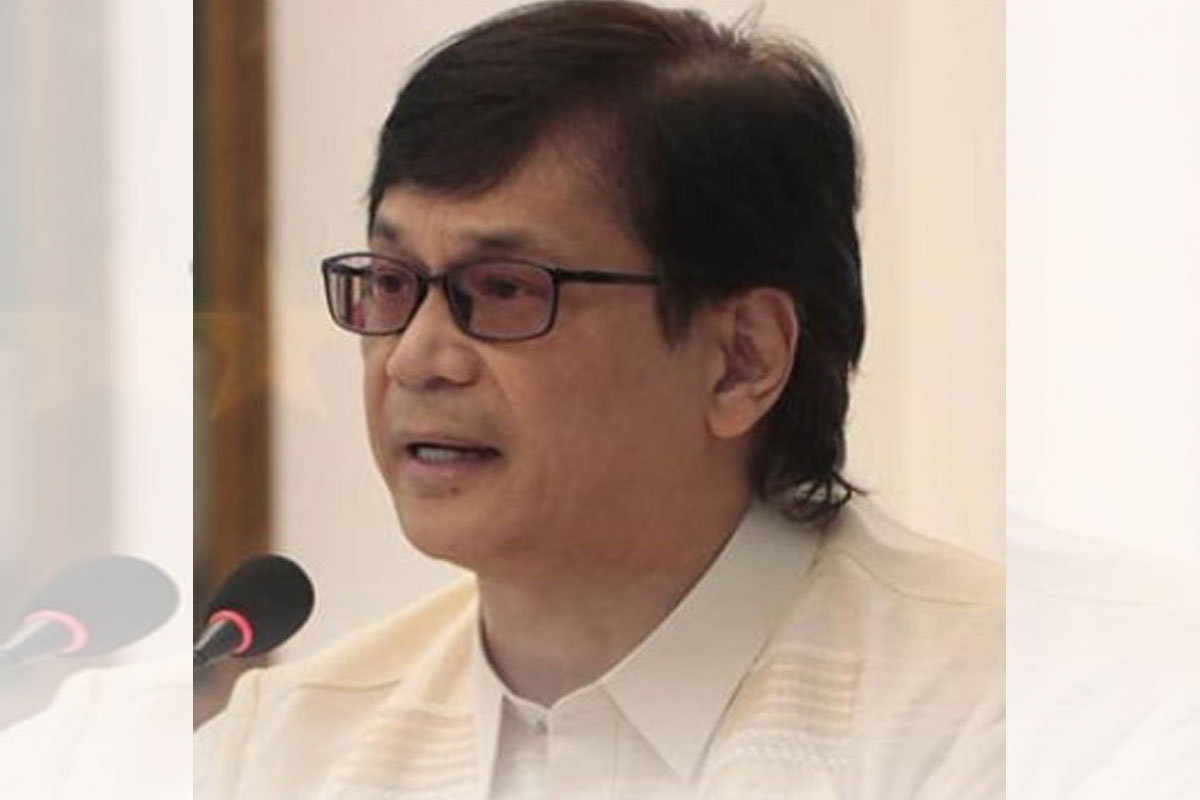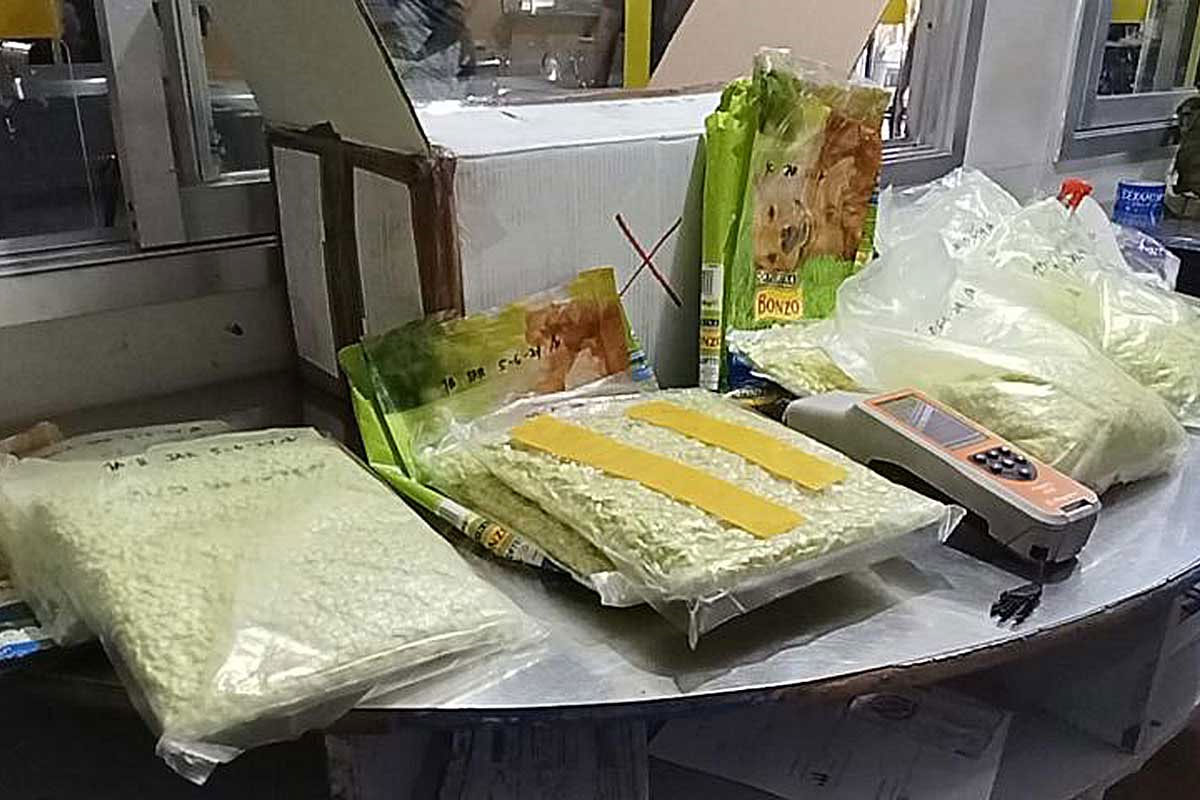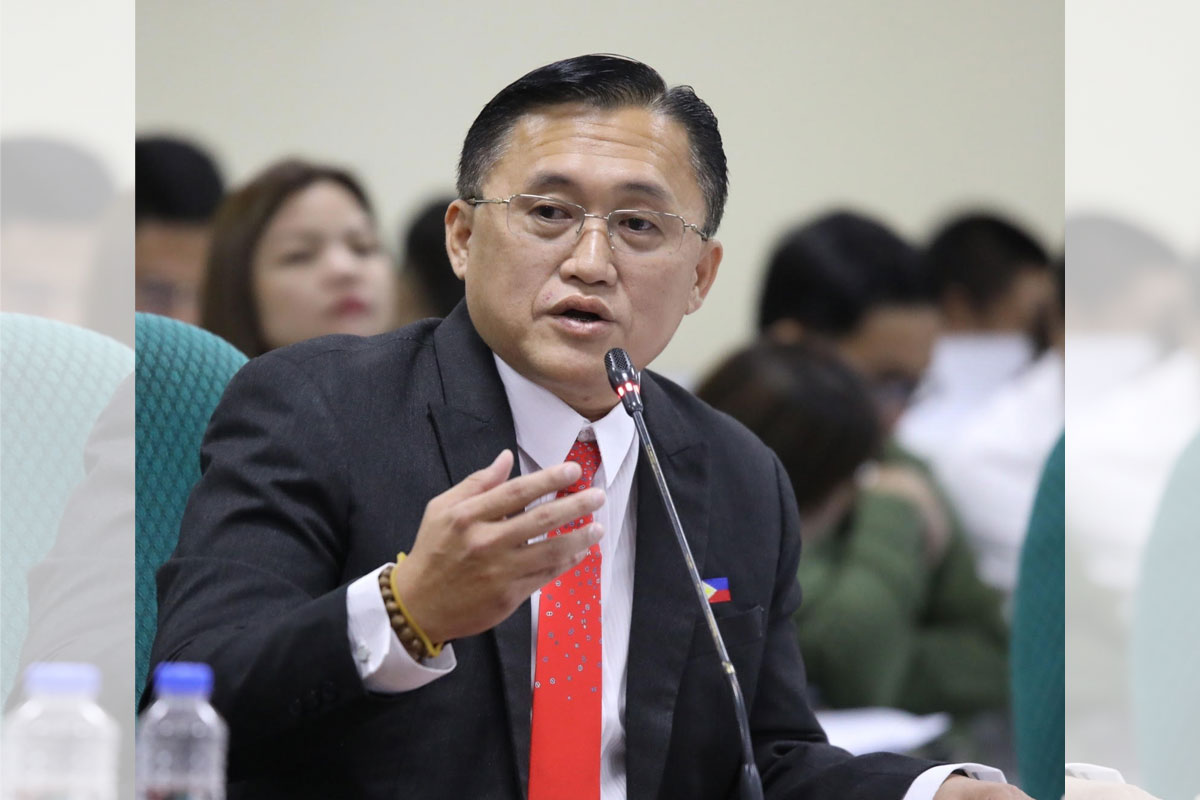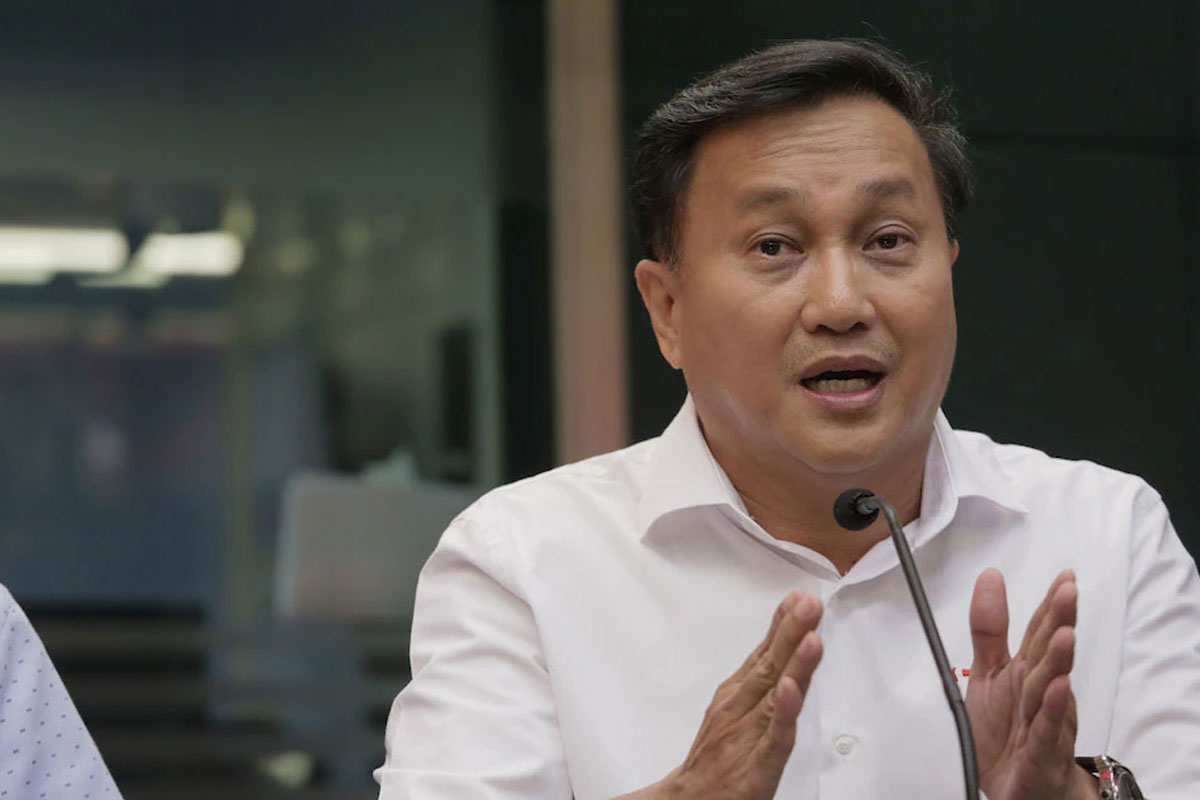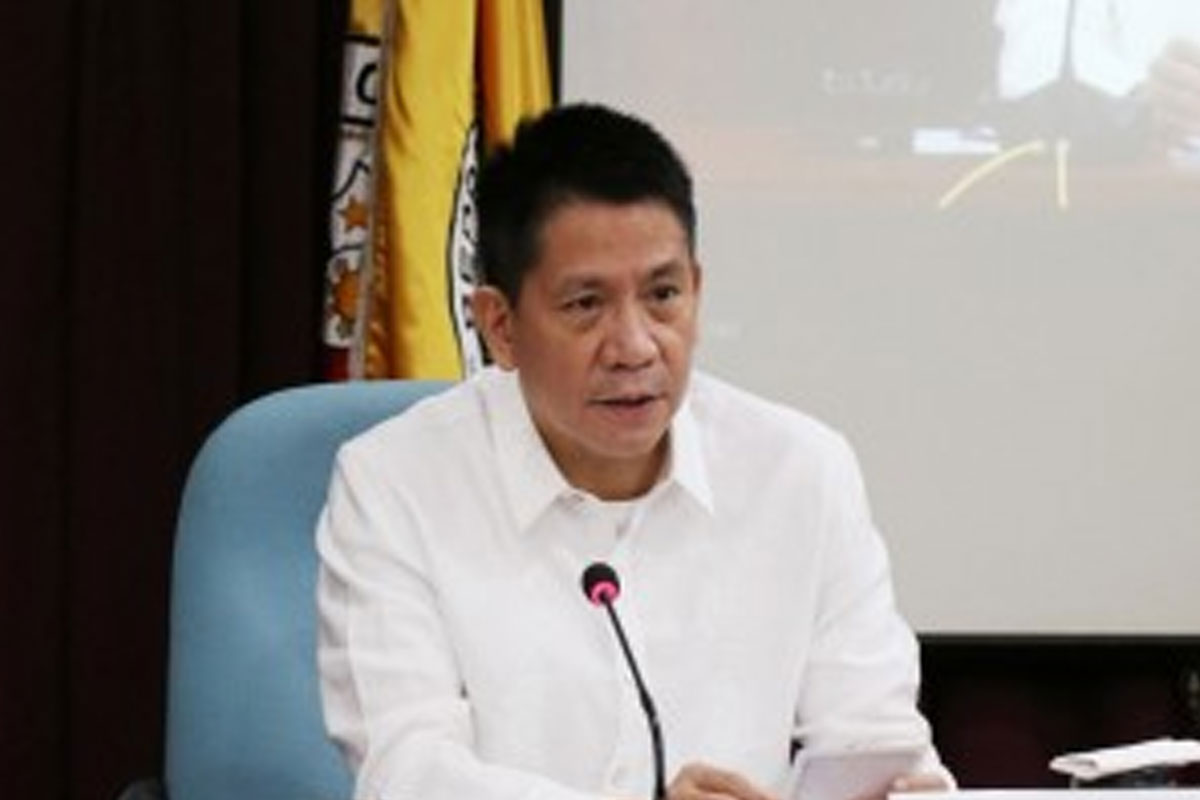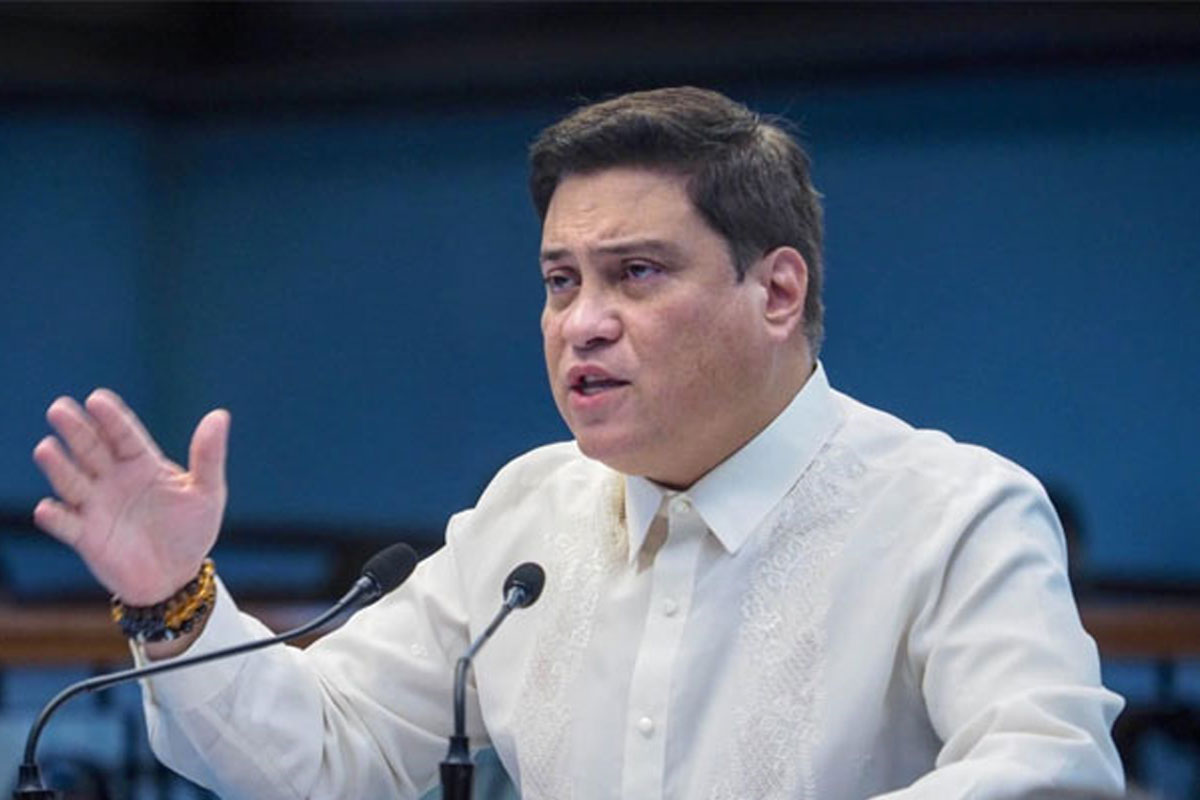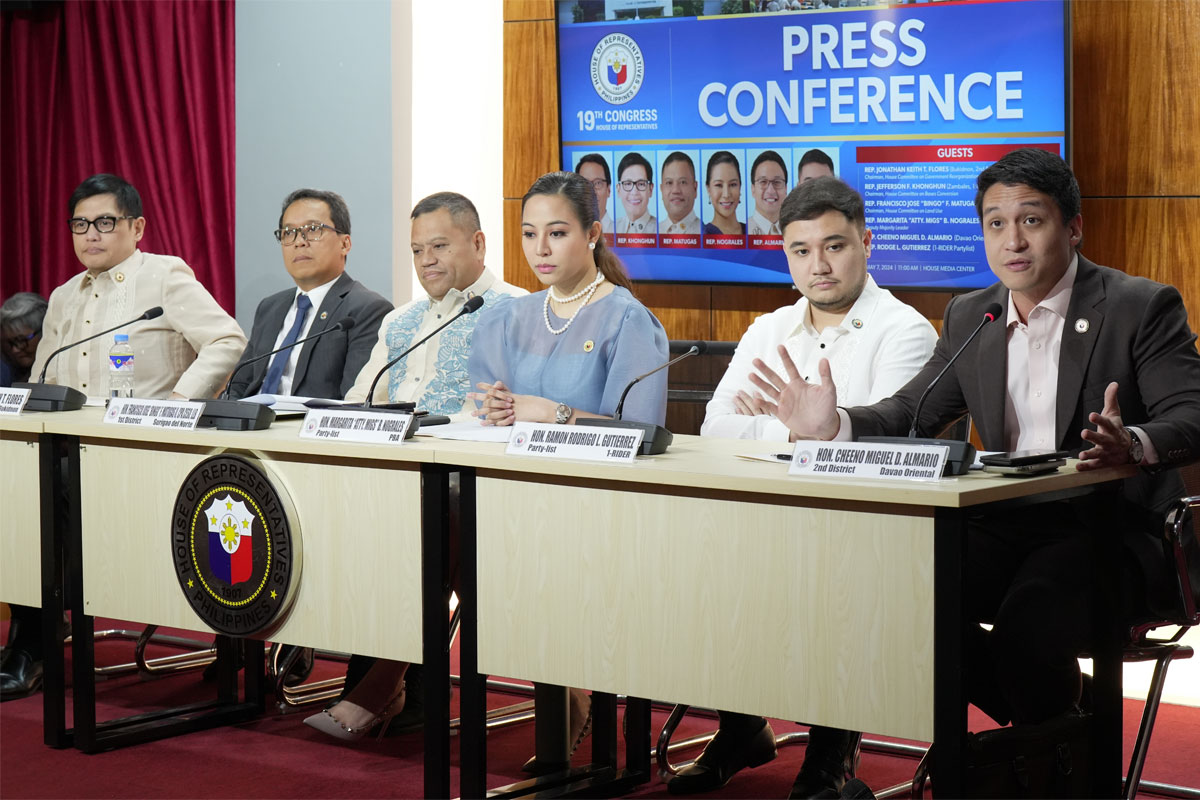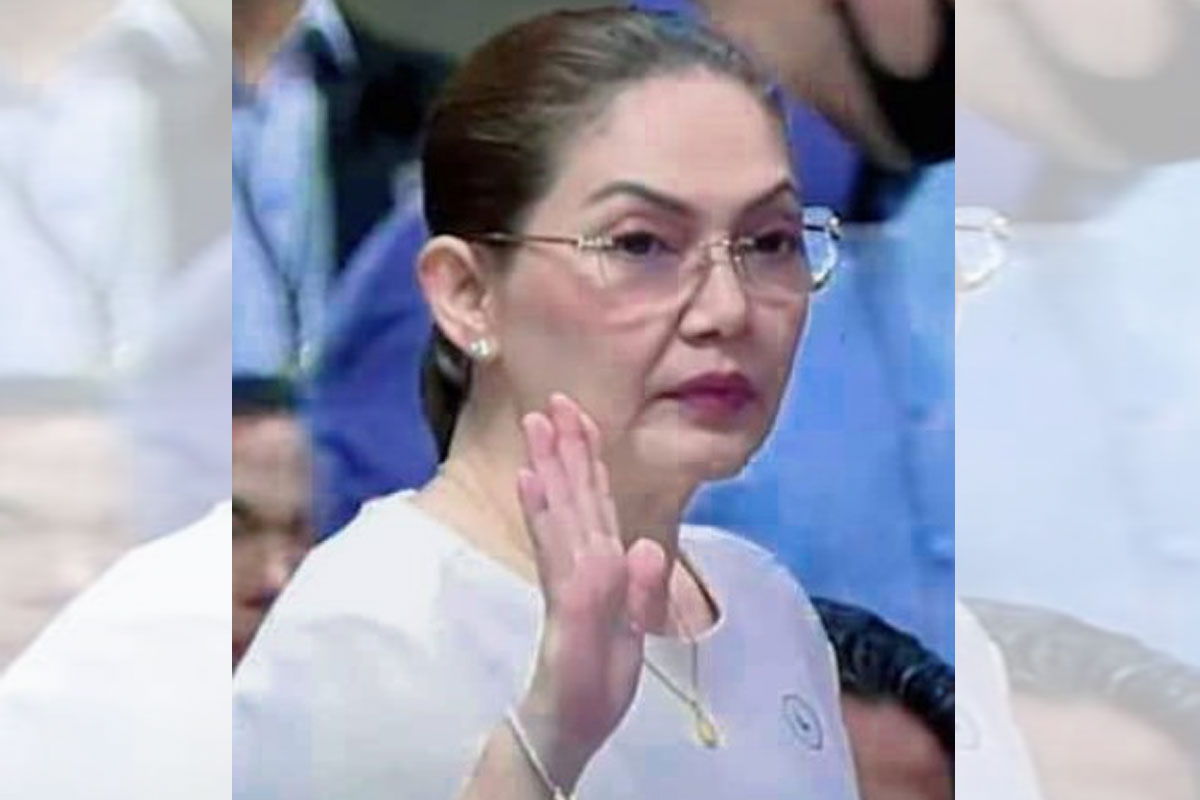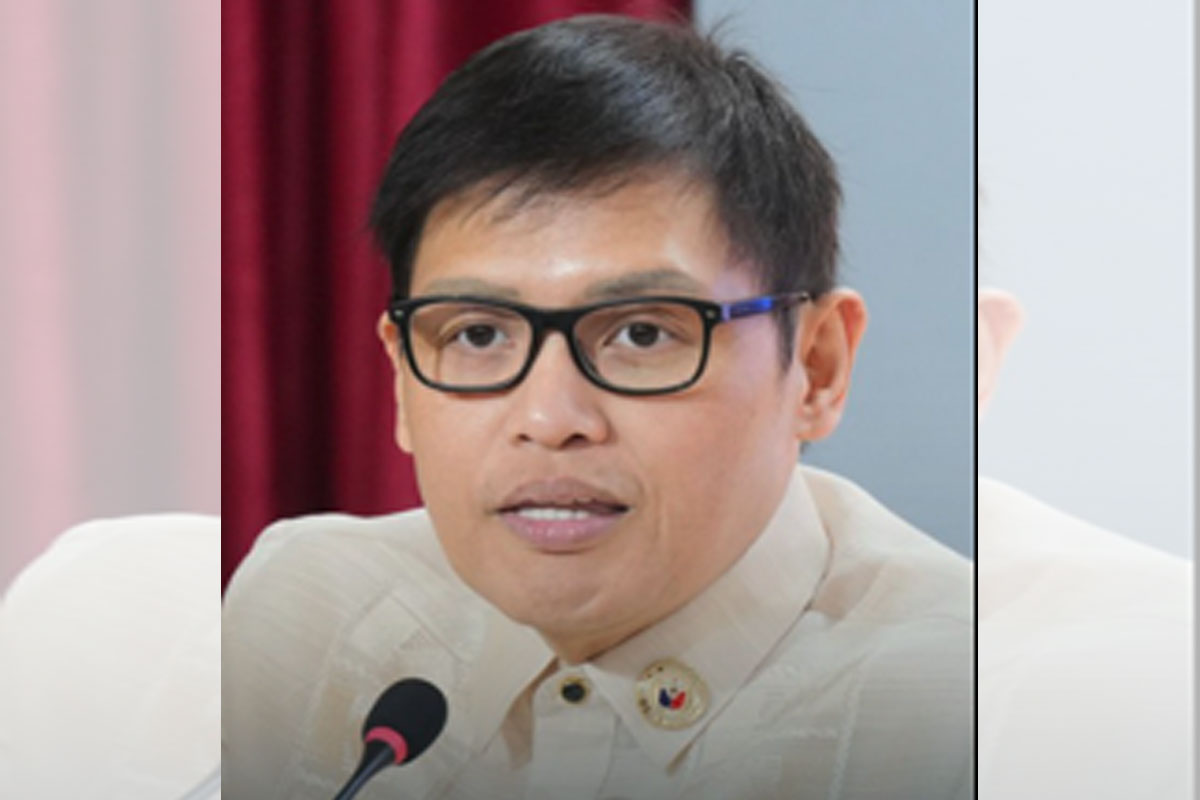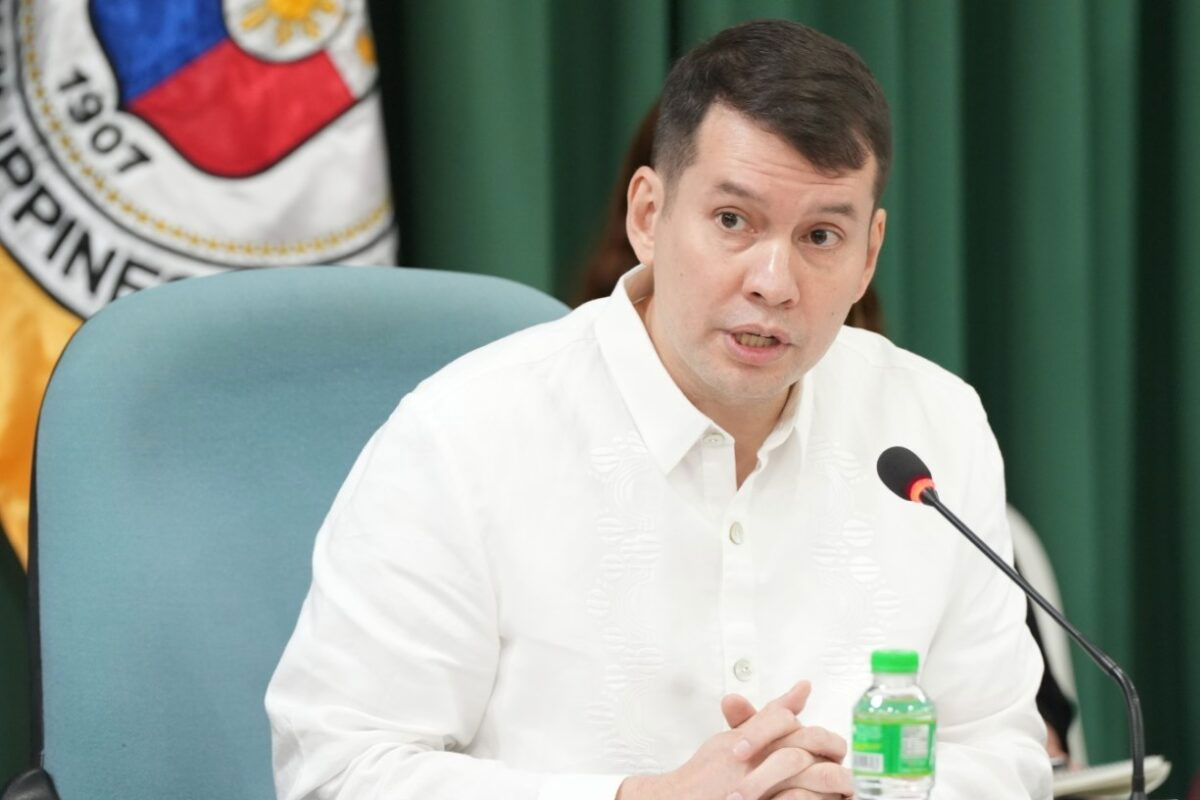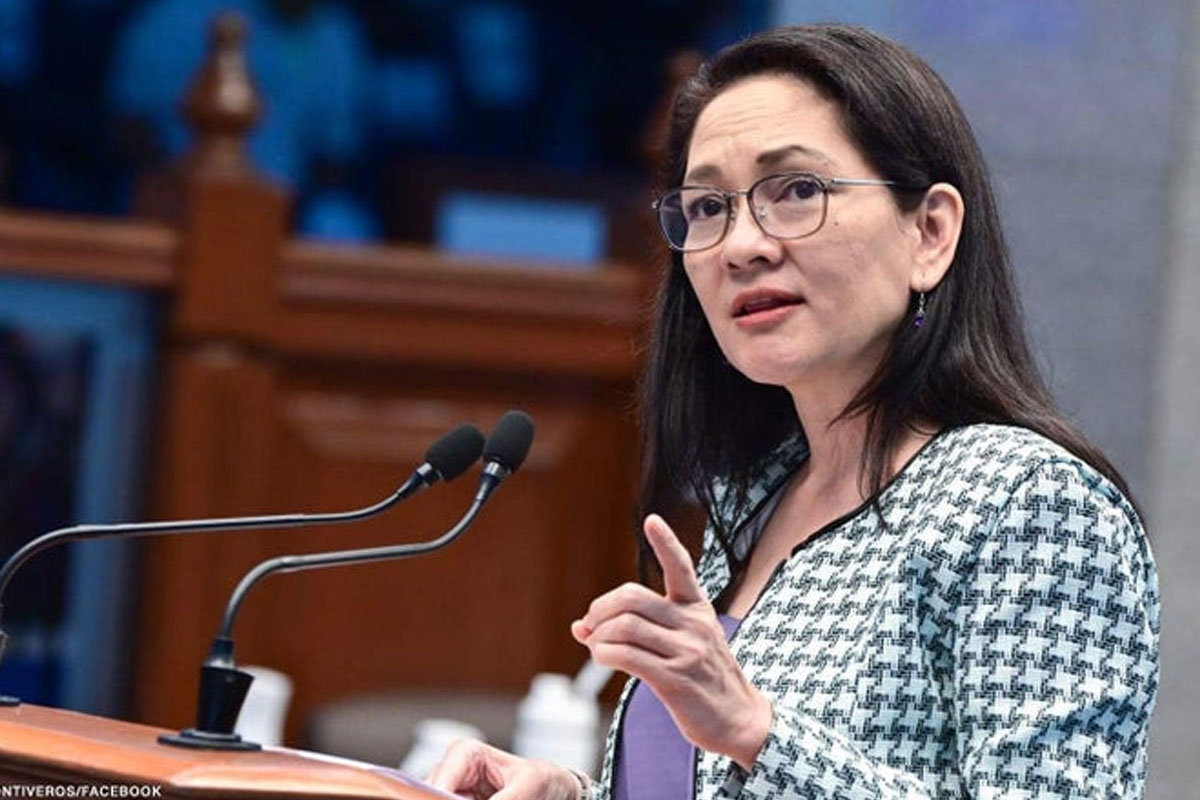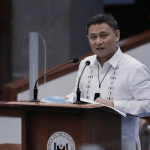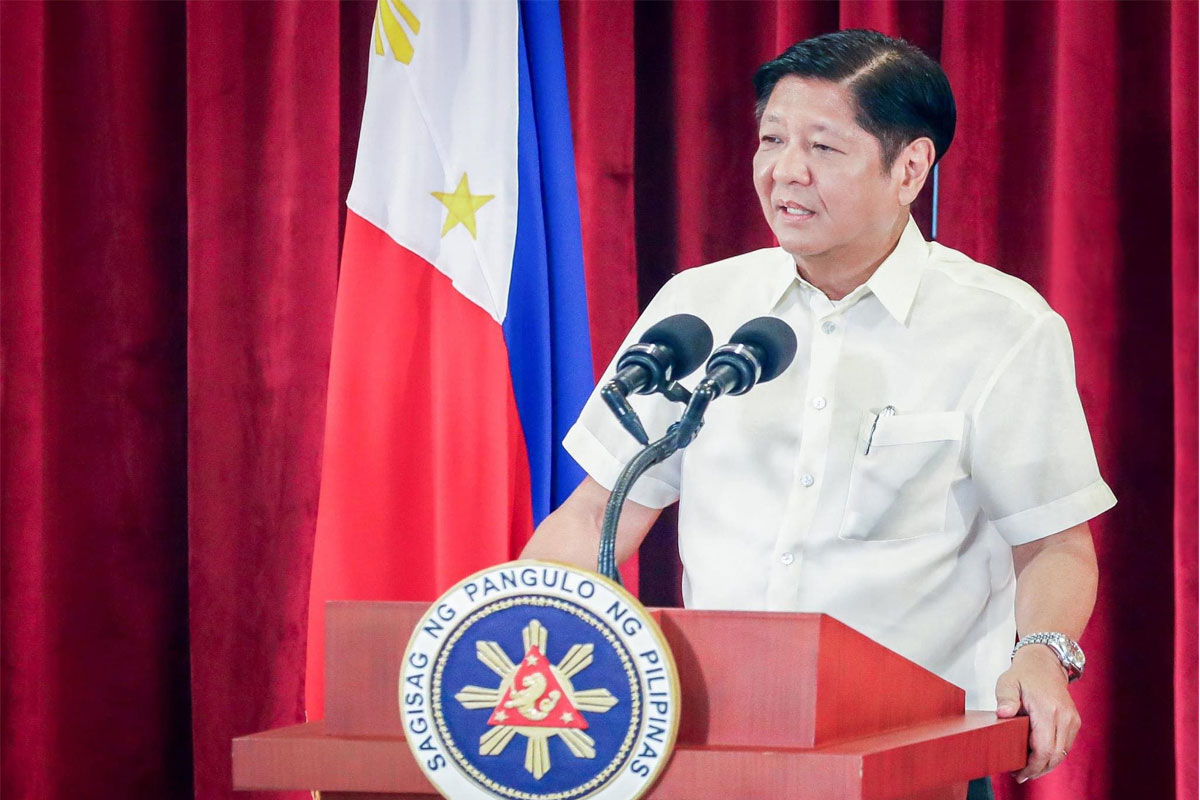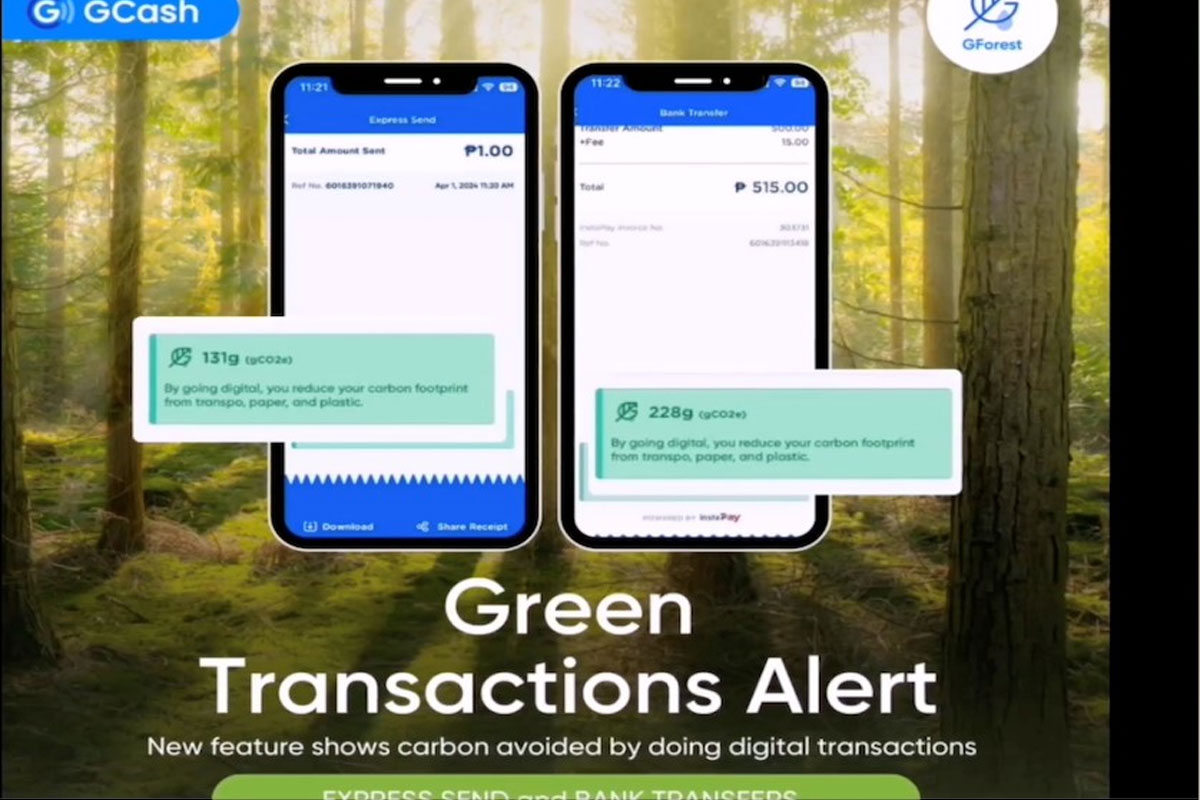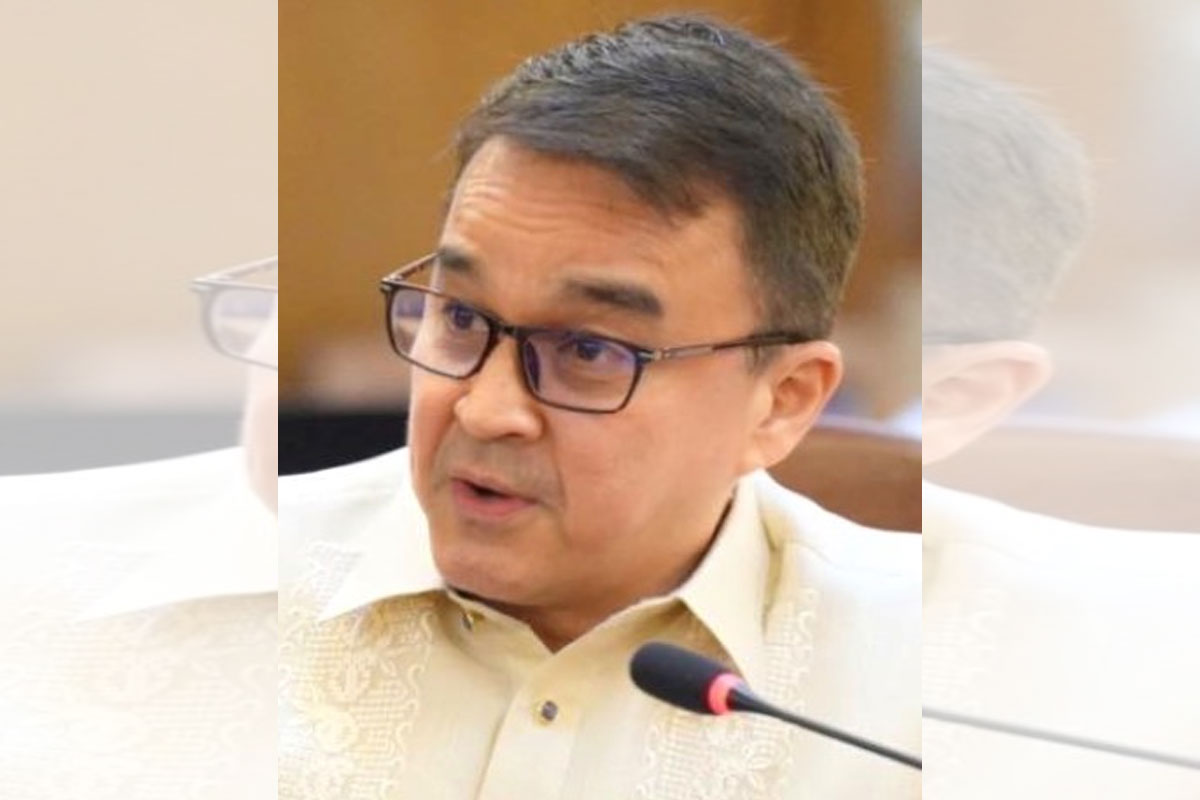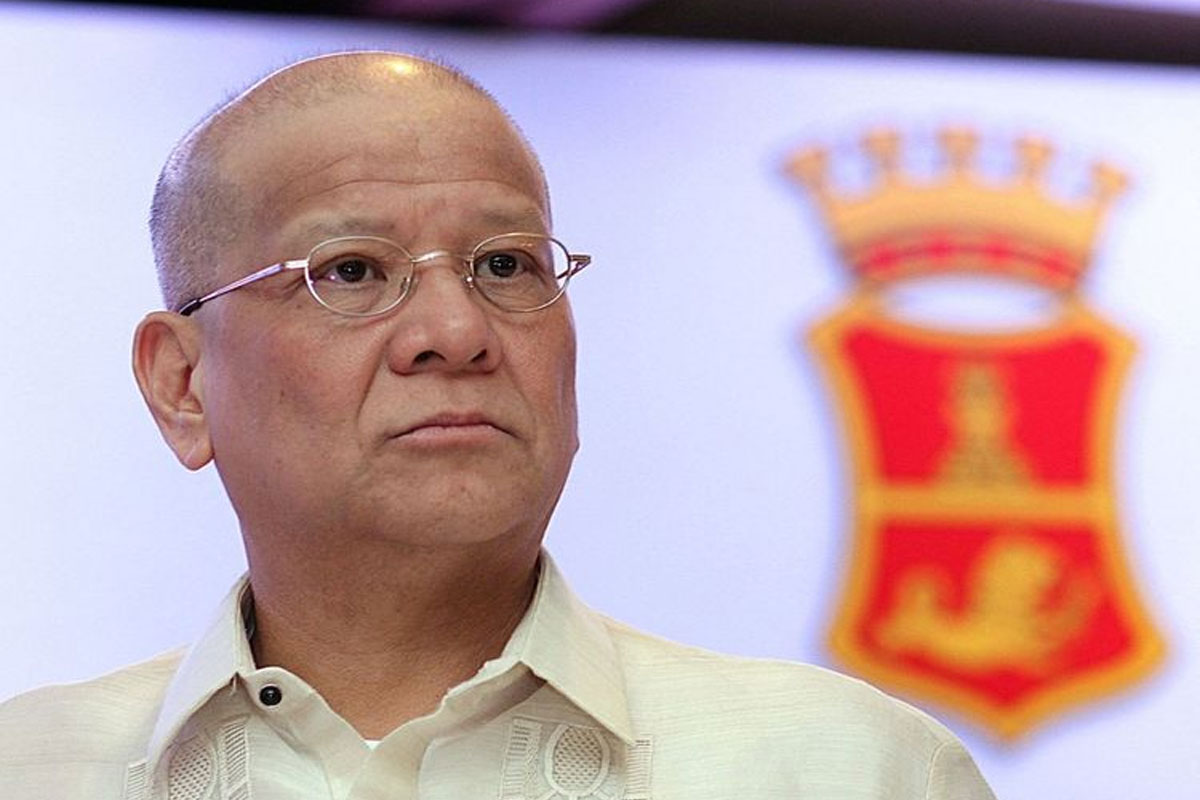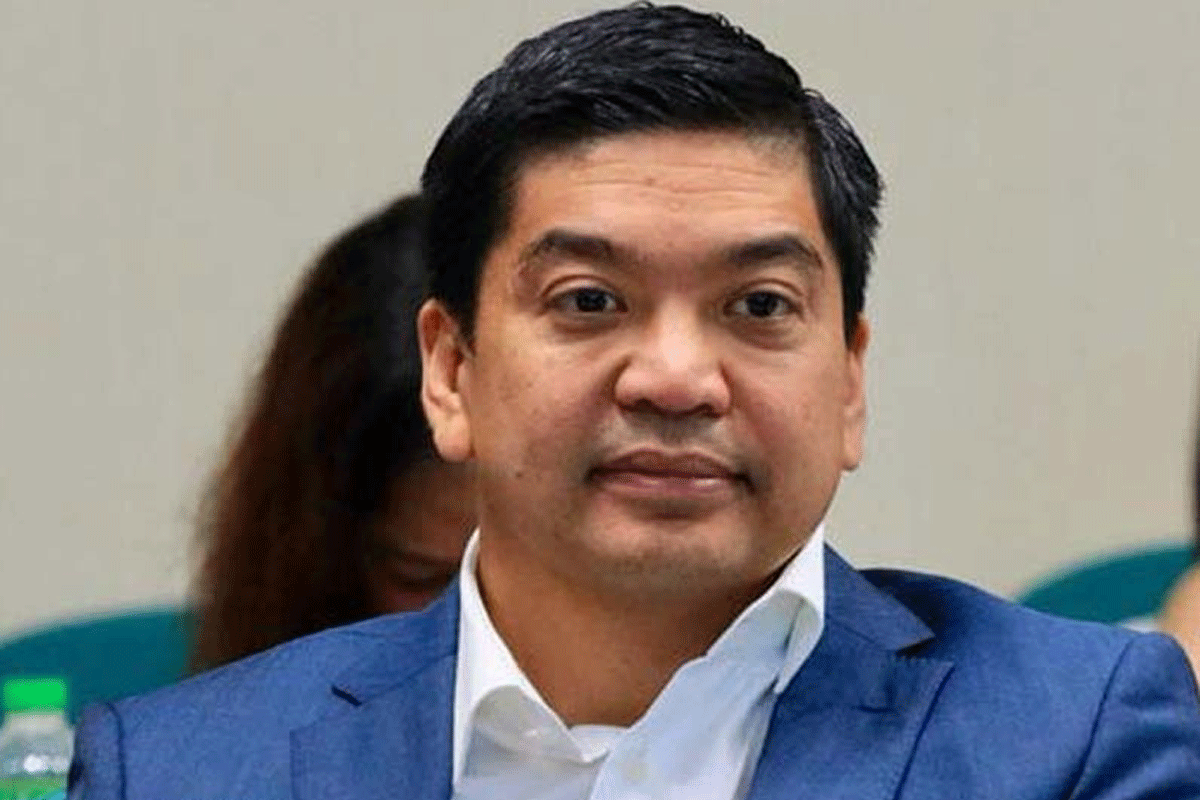
Gov’t asked to put up nat’l oil reserve
CAMARINES Sur Rep. LRay Villafuerte has lashed out at the Department of Energy (DoE) for acting at a “seemingly snail’s pace’ on its long-planned national strategic petroleum reserve (SPR)—to ensure an adequate inventory of fuel in the domestic market—even as global oil supply hitches have led to the 7th upward adjustment this year alone in the local pump prices of gasoline, diesel and other petroleum products.
‘It’s rather disgusting that years after the SPR has been considered by the government as an option, the best that energy officials can say at this time of skyrocketing fuel prices is that they are set to study it,” said Villafuerte who, for years now, has been prodding the energy department to put up such a national oil reserve to shield Filipino consumers from unabated price surges.
Pump prices of petroleum products have risen by about P8 to 10 per liter since last year. In 2022 alone, seven consecutive weeks of price spikes since January have driven up the retail cost of fuel to about P64 per liter of regular gasoline and P54 for a liter of diesel.
Fuel prices are expected to go up this week for the 8th consecutive time in 2022 as the international benchmark Brent crude rose to $93 per barrel last week and Dubai crude—the reference for pricing in Asian markets—settled at $91. According to reports, the retail cost of gasoline might increase by another 95 centavos to P1.05 per liter this week, and that of diesel by 55 to 65 centavos a liter.
Villafuerte vented his frustration as Rodela Romero, director of the DoE Oil Industry Management Bureau, told a “Laging Handa” public briefing at the Palace last week that her office had proposed the crafting of a law that will grant DoE the power to put up an SPR, either for commercial or for strategic reasons to address supply disruptions.
She was quoted in the media as saying that the DoE seeks to find out in a proposed study the project cost to establish the SPR, along with its ideal capacity, withdrawal schedule and priority sectors to be served.
According to Romero, the DoE is reviewing a new terms of reference (TOR) for a rebidding for the procurement of a consultancy service that will conduct the study.
“The DoE is not even doing the study yet; it is still at the stage of preparing to conduct such a study,” Villafuerte said. “So when do we expect the SPR to be up and running when the DoE is merely posed to conduct a study at this point?”
“There is no sense of urgency here,” he said. “The DoE must do a lot more—and do it much faster—than just to plan a study on the SPR. Had this department accelerated its plan to establish an oil reserve, we probably wouldn’t be having the kind of supply and pricing problems now that have jacked up fuel prices seven times in less than two months,” Villafuerte said.
Villafuerte called on the DoE almost two years ago to go ahead on its plan to set up its own oil stockpile in the face of the volatile supply and prices of petroleum products.
Last June, Villafuerte reiterated his call for the establishment of the SPR after observing that the vaccine-driven economic recovery in the United States (US) and Europe had started to ease travel restrictions and increase demand anew for fuel.
Under Executive Order (EO) No. 134 series of 2022 and DoE Circular 2003-01-001, oil companies and bulk suppliers were required to maintain a sufficient minimum inventory of petroleum.
Villafuerte noted that even the National Economic and Development Authority (NEDA) had warned that an oil price spiral could lead to higher inflation, given that the country remains a net food and oil importer.
The Bicolano solon recalled that almost two years ago, he already backed the view back then by Energy Secretary Alfonso Cusi that the country needs strategic oil reserves so the government could be part of the fuel supply chain and have the capability to ease the impact of global market volatilities on consumers by ensuring a stable domestic fuel supply.
He said earlier that the signing last year by the DoE and the Japan Oil, Gas and Metals National Corporation (JOGMEC) of a Memorandum of Agreement (MOA) on a review and updating of the 2002 Philippine National Oil Contingency Plan should clear the way to the creation and operation of an SPR Program.
This MoA seeks, among others, to gather data on the domestic supply of, and demand for, fuel products in the past five years; projected demand for the next 20 years; the status of state-run and privately-owned storage facilities for crude oil and finished petroleum products; and a review of existing polices on supply for normal demand and for emergency situations resulting from any international or local supply disruption.
For Villafuerte, “The government should study thoroughly what method of oil stockpiling would be best for the country, the logistical requirements involved, and whether crude oil or petroleum products should be stored.”


